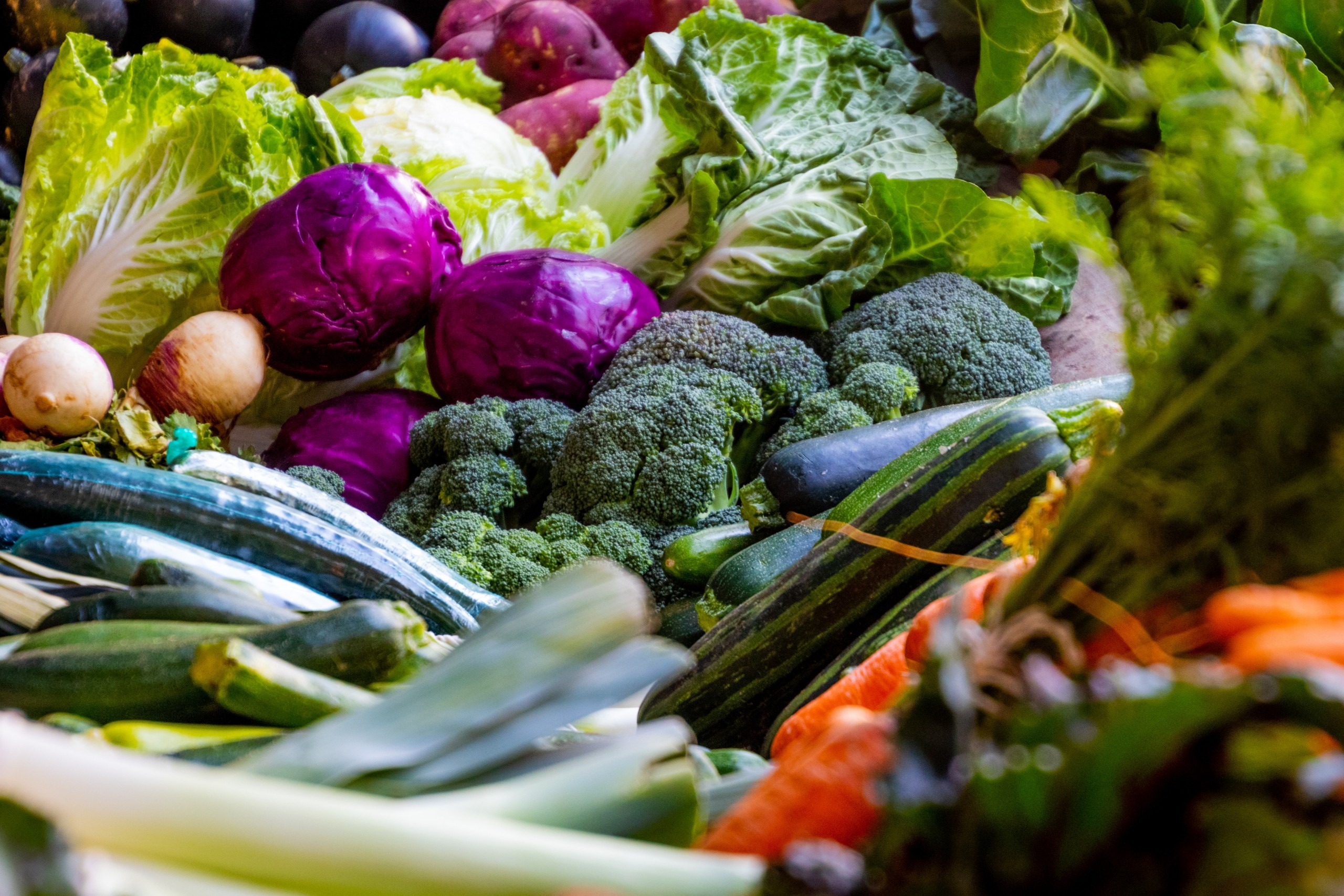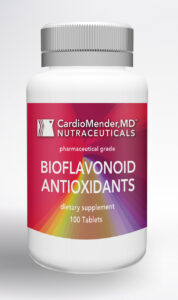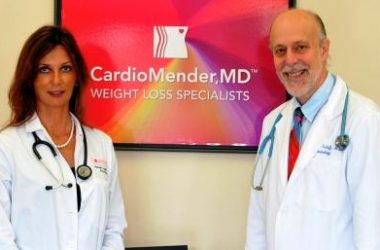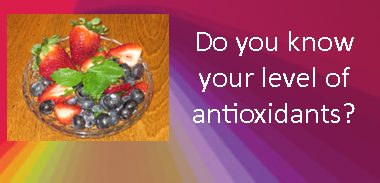Eat more of these two heart healthy foods, and reduce the risk of dying from heart disease, cancer and all-cause mortality! Take a lesson from our wise elders.
 A 2014 clinical study1 which examined the eating patterns of over 65,000 people over a 7+ year period showed that the more fruits and vegetables study participants ate, the less likely they were to die at any age. Fruit and vegetable consumption dramatically reduced the likelihood of dying of both heart disease and cancer, the top two causes of death in the United States. Benefits were seen by consuming as little as one fruit or vegetable per day and increased with the amounts eaten. Those who ate seven or more fruits & vegetables per day had a 31% reduced risk of dying of heart disease, 25% reduced risk of dying of cancer, and 42% reduced risk of death from any cause at any age compared those who ate less than one.
A 2014 clinical study1 which examined the eating patterns of over 65,000 people over a 7+ year period showed that the more fruits and vegetables study participants ate, the less likely they were to die at any age. Fruit and vegetable consumption dramatically reduced the likelihood of dying of both heart disease and cancer, the top two causes of death in the United States. Benefits were seen by consuming as little as one fruit or vegetable per day and increased with the amounts eaten. Those who ate seven or more fruits & vegetables per day had a 31% reduced risk of dying of heart disease, 25% reduced risk of dying of cancer, and 42% reduced risk of death from any cause at any age compared those who ate less than one.
May I suggest that you read the previous paragraph again, it is that significant.
Not all fruits and vegetable are associated with the same benefit:
- Vegetables were associated with significantly more benefit compared to eating similar amounts of fruit.
- Salad and then dried fruit consumption were associated with intermediate benefits.
- Frozen and canned fruit consumption was evaluated collectively and was found to be associated with an increased likelihood of premature death at any age, with a 17% increased risk of death per portion.
- Fruit juice ingestion was NOT associated with a beneficial or deleterious effect.

Dr. Schiff & friend Mrs. Leona Satterlee at 97 yrs. old
What is noteworthy is what was reported recently at the European Society of Cardiology2, the diets and lifestyle of people who live to be a hundred or more reflect the Society’s actual lifestyle guidelines. These dietary guidelines3,4 include eating ‘whole foods’, foods with higher fiber content including whole grains, 2-3 servings per day each of fruits and vegetables and fish twice per week, one serving of which should include oily fish high in omega-3 fatty acids. They recommend REDUCED saturated fat intake typically found in meat and dairy and AGAINST eating ‘processed foods’, foods high in sodium, saturated fats, partially hydrogenated fats, ‘trans fats’ and sugary beverages.
Additionally, centenarians were more active and tended to exercise and they avoided both smoking and excessive alcohol consumption. The amazing thing about these old survivors is that they to seem follow the nutritional and lifestyle recommendations advocated by healthcare professionals for heart healthy foods. Yet these wise old souls did not need clinical trials for guidance, just what was passed on and selected from prior generations. Time and past experience serve as their clinical trials and truth serum. The proof is in the pudding, they simply live it!CardioMender, MD encourages everyone to focus on getting at least five to ten servings of low glycemic veggies and fruits per day (2 fruits when on weight loss plan). If you are unable to do so, or want to further boost your antioxidant intake, consider our CardioMender, MD Nutraceuticals Bioflavonoid Antioxidants to help you achieve optimal antioxidant levels.

At CardioMender, MD, we want you to experience weight loss results and Live It! Contact us today for more information on our program.
Footnotes:
1. Based on the study: ‘Fruit and vegetable consumption and all-cause, cancer and CVD mortality: analysis of Health Survey for England data: Oyinlola Oyebode, Vanessa Gordon-Dseagu, Alice Walker, Jennifer S Mindell; JECH Online First published March 31, 2014 as 10.1136/jech-2013-203500
2. Martinez-Selles M. et al “Centenarians and their heart: a prospective registry with comprehensive geriatric assessment, ECG, echocardiography and follow-up” ESC 2014- European Society of Cardiology
3. European Guidelines on Cardiovascular Disease prevention in Clinical Practice (version 2012) as adopted from the European Guidelines on Cardiovascular Disease Prevention in Clinical Practice: European Heart Journal (2012) 33, 1635-1701- and European Journal of Preventative Cardiology 2012:19 4:585-667
4. European Guidelines on Cardiovascular Disease Prevention in Clinical Practice: European Heart Journal (2012) 33, 1635-1701
These statements have not been evaluated by the Food and Drug Administration.
This product is not intended to diagnose, treat, cure, or prevent any disease.






